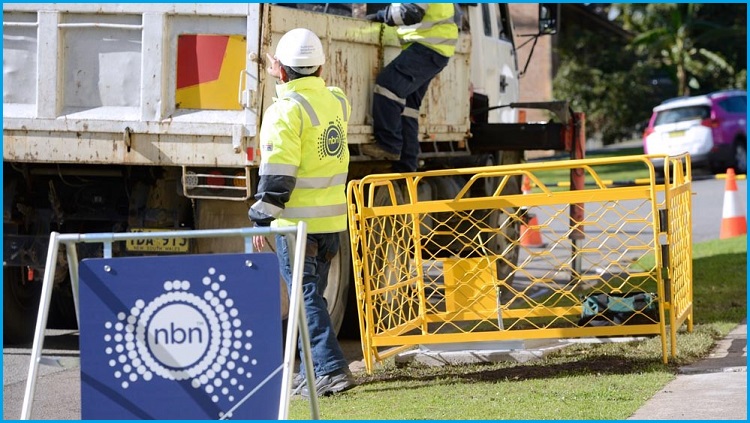NBN Co has posted a $2.8 billion loss in its 2019-20 mid financial year report.
Its total revenue for the six months ending on December 31 was $1.8 billion – a $500 million increase on the same period for the previous year.
$2.8 billion is a lot to lose in 6 months, but the wholesaler attributes it largely to a whopping $1.4 billion in ‘subscriber costs’.
NBN Co says these ‘subscriber costs’ involve “payments to Telstra for the disconnection of existing services and to Optus for the migration of subscribers” to its network and it expects the billion-dollar hits to its bottom-line to cease by around 2022.
NBN’s operating costs shrunk by $50 million on 2018-19 half-yearly figures as well, to around $1.4 billion – although those lower costs can be chalked up to “a new accounting standard on leases”.
In a statement about the mid-year results, NBN Co CEO Stephen Rue said it was in a promising position despite the $2.8 billion loss.
“These are outstanding results executed during a crucial time of the build,” Rue said.
“We continued to deliver against our key financial and business metrics, and we remain well-positioned to complete the volume rollout of the network by 30 June 2020.”
NBN Co still has a million premises to connect before reaching its target of 11.5 million by the middle of the year.
Upgrades aren’t cheap
If rationalising a $2.8 billion loss wasn’t bad enough for one week, NBN Co is also having to cope with growing concerns that it will struggle to fund planned upgrades once the full rollout is complete.
Nine newspapers reported on Tuesday that NBN Co has been hunting around for state government funding to pay for upgrades. According to Nine’s sources, the money for NBN infrastructure upgrades could come from funds earmarked for innovation projects.
By the time NBN hits every household in Australia, it may already have genuine competitors in the market providing services that avoid having to pay wholesale costs to NBN Co.
Telcos are starting to offer 5G fixed broadband in capital cities and Optus is guaranteeing 50Mbps speeds on its unlimited data plans – so long as you fit within its spotty 5G coverage map.
Where 5G could move customers off the NBN in major cities, regional Australians might have to wait until the likes of SpaceX, Amazon, and Virgin begin offering global satellite internet.










